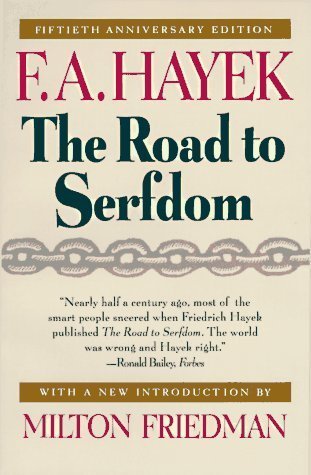
The Open Society and Its Enemies - Volume One: The Spell of Plato
Book Description
Plato's alluring ideology casts a spell, luring society into a dangerous embrace of authoritarianism. In "The Open Society and Its Enemies - Volume One: The Spell of Plato," Karl Popper dismantles this philosophical façade, exposing the timeless conflicts between freedom and oppression. Through sharp intellect and fiery critique, he unveils the perils of closed thought and dogma that threaten open societies. The stakes are high as he challenges readers to reconsider the foundations of democracy itself. What will emerge when reason clashes with the allure of certainty? Dive into a battle for the soul of society and discover the power of an open mind.
Quick Book Summary
In "The Open Society and Its Enemies - Volume One: The Spell of Plato," Karl Popper takes a critical stance against the philosophical underpinnings of authoritarianism, tracing its origins to Plato’s vision of an ideal state. Popper contends that Plato’s advocacy for a rigid, hierarchical society governed by a wise elite lays the groundwork for closed societies that suppress dissent and individual freedom. Through rigorous analysis, Popper contrasts Plato’s demand for stability and unity with the dynamic nature of open societies that embrace change, criticism, and democracy. He warns that the allure of immutable truths and perfect order can seduce societies into sacrificing liberty for security, underscoring the enduring tension between collective certainty and the unpredictability of free societies. Popper’s work stands as a passionate defense of reason, critical inquiry, and the open society.
Summary of Key Ideas
Table of Contents
The Critique of Historicism and Utopian Engineering
Popper begins by challenging the idea of historicism—the belief that history unfolds according to universal laws or predetermined stages. He argues that this mindset is not only intellectually limiting but also potentially dangerous, as it fosters utopian social engineering and justifies authoritarian control. According to Popper, historicist thinking discourages meaningful social criticism and instead replaces flexible problem-solving with inflexible blueprints for society, creating fertile ground for oppression to take root.
Plato’s Political Philosophy as a Model for Totalitarianism
Delving deeply into Plato’s philosophy, Popper contends that Plato’s vision of the ideal state is inherently totalitarian. The philosopher-king model and the rigid division of social classes advocated in "The Republic" exemplify a system where the state’s stability and unity take precedence over individual rights. Popper highlights that Plato’s preference for order and unity, enforced by a doctrinaire elite, sets a dangerous precedent for modern authoritarian regimes, as it legitimizes the suppression of dissent and the elimination of change.
The Value of Critical Rationalism and Democracy
Popper contrasts closed societies, which are governed by dogma and traditionalism, with open societies characterized by critical rationalism and democratic accountability. In a closed society, truth is dictated by authority and questioning is forbidden. In contrast, an open society allows for continuous scrutiny, correction, and improvement of its institutions, values, and policies through open debate and democratic participation. Popper posits that progress is possible only where error is possible, and criticism is welcomed.
The Danger of Dogma and Closed Societies
Central to Popper’s argument is the critique of dogmatism. He asserts that the comfort of absolute certainty, as offered by closed societies and Plato’s ideals, comes at the expense of freedom and progress. Dogma suffocates intellectual inquiry and the evolution of knowledge, whereas critical discussion and tolerance of dissent are essential for social and scientific advancement. For Popper, philosophy and reason should serve as catalysts for questioning and reform, not as tools for entrenching power or silencing alternative viewpoints.
The Role of Philosophy in Social Progress
In closing, Popper argues that the open society holds the key to improving the human condition. By encouraging critical scrutiny and responding adaptively to new challenges, open societies eschew the false promise of utopia and embrace the reality of fallibility. Popper champions democracy not as a perfect system, but as the best available framework for minimizing harm and providing avenues for peaceful change, highlighting its vital role in safeguarding both freedom and progress against the persistent allure of authoritarian alternatives.
Download This Summary
Get a free PDF of this summary instantly — no email required.





